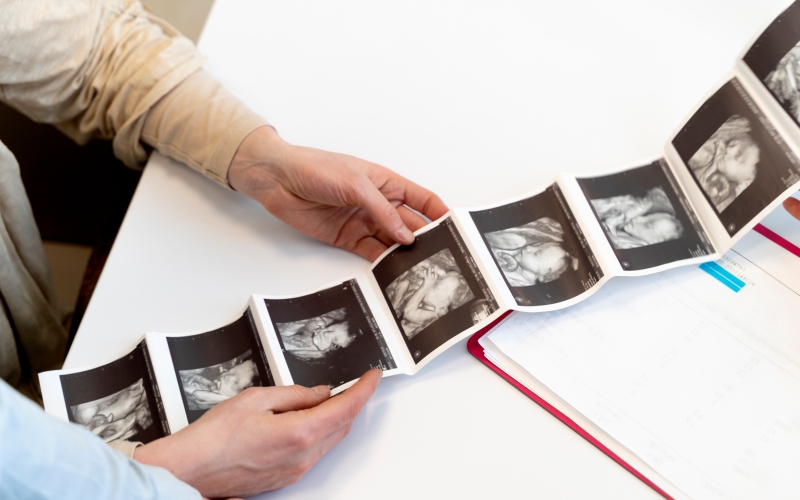Author: Dr. Beena Muktesh MBBS, MS
Consultant: Gynaecologist & Fertility Specialist at Motherhood Hospital Gurgaon
Polycystic ovarian syndrome (PCOS) is a hormonal disorder affecting one in every five women globally. According to Dr. Beena Muktesh, MBBS, MS-Obstetrics and Gynaecology, Fertility Specialist, PCOS is one of the most common causes of infertility. Having PCOS, however, does not mean that you cannot get pregnant. Getting pregnant can be trickier but you can conceive after taking expert medical help from the best gynecologist doctor for PCOS in Gurgaon. Apart from expert medical attention, there are certain other things that you need to consider and include in your normal routine for easier conception.
Tips for Women with PCOS Who Are Trying to Conceive
PCOS refers to hormonal imbalance, irregular menstrual cycle and the presence of cysts in the ovaries. This causes inconsistent ovulation and an abnormal menstrual cycle. During a normal menstrual cycle, the egg is released from the ovaries and can be fertilized by sperm for pregnancy. In PCOS, however, the increased levels of androgens and insulin disturb this process. The ovaries are unable to release the egg or the eggs are not matured leading to difficulties in conceiving.
If you are suffering from PCOS and trying to conceive, here are some tips from the best gynecologist doctor for PCOS in Gurgaon for you:
1.Lose Weight
It has been seen that half of the patients with PCOS are obese. Obese women with PCOS find it difficult to conceive as their eggs either do not ovulate or do not ovulate regularly. Research has shown that reducing weight by even 5-10% can reduce insulin resistance, restore ovulation, and regulate your menstrual cycle by 50%.
2.Balanced Diet and Exercise
Another aspect of losing weight is having a balanced diet and including moderate workouts in your routine. A balanced routine is crucial for women with PCOS. Eat an overall balanced diet packed with whole foods, fruits and vegetables, fibres, and sufficient proteins. It is required for you to shift yourself towards a healthy routine to regulate ovulation and fertility.
3.Monitor Blood Sugar Levels
One of the symptoms of PCOS includes problems responding to insulin which is called insulin resistance. Insulin resistance does not allow your body to respond to insulin and results in high blood sugar and low energy. Eventually, this causes weight gain and obesity. Moreover, a high blood sugar level also increases the risk of type 2 diabetes.
Women with PCOS, hence, need to monitor their blood glucose levels especially if they have type 2 diabetes. The doctor can guide you keep a check on the levels and monitor your risks of developing diabetes.
4.Fertility Treatments
Apart from lifestyle modifications, certain fertility treatments such as in-vitro fertilization or IVF can help you conceive with PCOS. The best gynecologist doctor for PCOS in Gurgaon may conduct several tests including blood tests, physical examinations, and ultrasound scans for a complete checkup. IVF, however, has high success rates for women with PCOS.
Whether you go for fertility treatments or not, you must take proper care of yourself by inculcating healthy habits in your routine. In case you need expert assistance in dealing with PCOS and getting pregnant, you can visit Dr. Beena Muktesh at the Motherhood Hospitals.
At Motherhood Hospitals, we have a team of experienced supers specialists backed by the latest infrastructure and facilities. We have the best gynaecologist in Gurgaon. We are experts in handling complex deliveries, gynaecological, and other surgeries including a range of laparoscopic surgeries.
Do take an appointment with the best woman care hospital in Gurgaon at a centre closest to you. Meet with our doctors who will carry out the required investigations, diagnose the issue and recommend the most appropriate treatment, enabling you to lead an active life.
If you wish to get in touch with Dr. Beena Muktesh, please book your appointment here.


 Toll Free Number
Toll Free Number


















